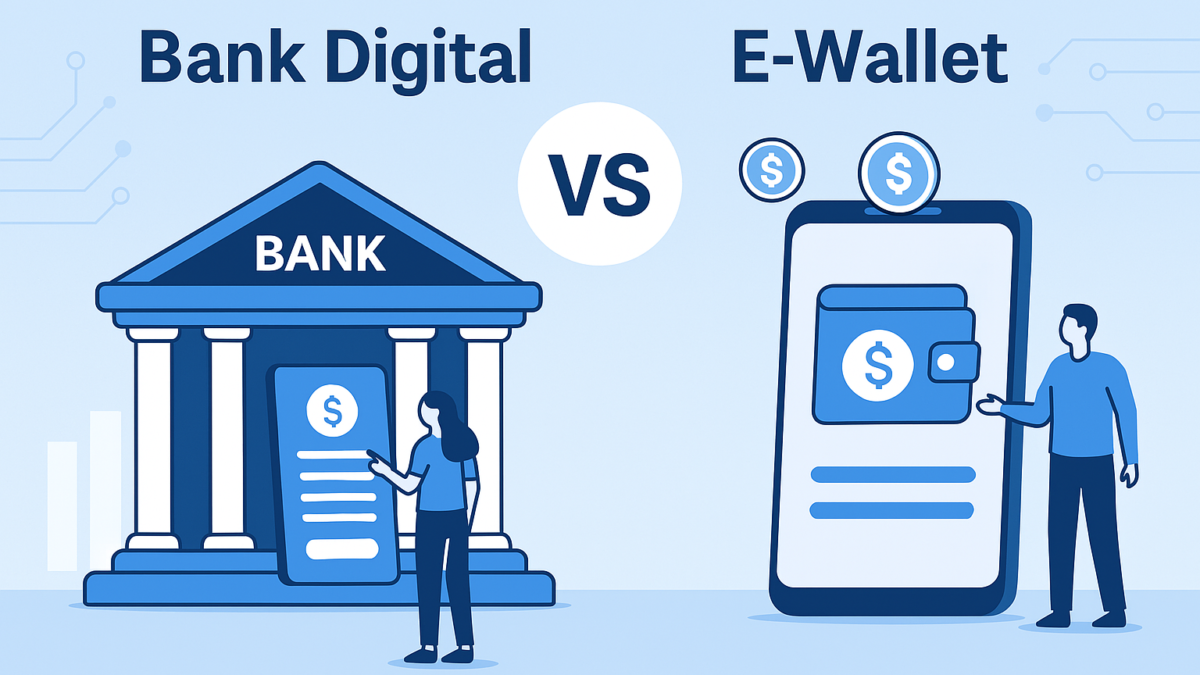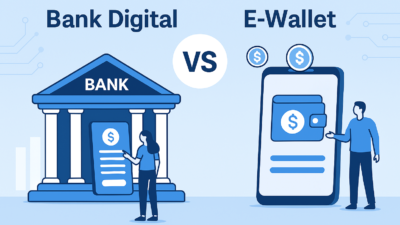
Overview
As cryptocurrency continues to gain traction globally, businesses are exploring the possibility of accepting digital assets like Bitcoin, Ethereum, and stablecoins as payment methods. While this shift promises unique advantages, it also introduces certain risks that businesses need to evaluate carefully. In this article, we’ll dive into a fresh perspective on the benefits and risks of accepting cryptocurrency payments and offer practical guidance to help businesses decide if it’s the right move.
Why Consider Cryptocurrency Payments?
Cryptocurrency isn’t just a buzzword anymore; it’s a legitimate financial innovation. Businesses are adopting it to stay ahead in a rapidly digitizing economy and to appeal to a growing segment of crypto-savvy customers.
Let’s break this down:
Benefits of Accepting Cryptocurrency Payments
1. Expanding Customer Reach
Cryptocurrencies are global by nature, enabling businesses to accept payments from customers around the world without worrying about currency conversions or international transaction fees.
- Fresh Insight: Over 420 million people globally owned cryptocurrencies in 2023, with adoption surging in emerging markets. Accepting crypto could open doors to regions where traditional payment systems are limited.
2. Faster Transactions
Unlike traditional banking systems, which can take days to process payments, cryptocurrency transactions are often settled in minutes.
- Example: A cross-border transfer using crypto bypasses intermediaries like banks, reducing settlement times from days to minutes. For businesses with international clients, this efficiency can enhance cash flow.
3. Lower Transaction Fees
Cryptocurrency transactions often have lower fees compared to credit card payments, which can range from 2-4%.
- Fresh Insight: While Bitcoin fees can spike during high network usage, stablecoins like USDC or payment-layer solutions like the Lightning Network offer near-zero transaction costs, making them appealing alternatives.
4. Enhanced Security
Cryptocurrency payments use blockchain technology, offering high levels of transparency and security.
- Unique Benefit: Transactions are immutable, meaning they cannot be reversed by customers (as can happen with chargebacks). This reduces fraud risk for merchants.
5. Future-Proofing Your Business
By adopting cryptocurrency, businesses signal that they are innovative and tech-forward, attracting younger, tech-savvy consumers.
- Stat: Millennials and Gen Z—key consumer demographics—are leading the adoption of crypto, with over 40% of Millennials reporting they have invested in or used cryptocurrency.
6. Privacy for Transactions
Cryptocurrency transactions offer a degree of anonymity, which appeals to privacy-conscious customers.
- Consideration: While not completely anonymous, cryptocurrencies like Bitcoin offer pseudonymity, and privacy-focused coins like Monero take it a step further.
Risks of Accepting Cryptocurrency Payments
1. Price Volatility
Cryptocurrencies are infamous for their price fluctuations, which can pose a challenge for businesses.
- Example: Accepting Bitcoin for a $100 transaction today might mean receiving $90 or $110 tomorrow, depending on market movements.
How to Mitigate: Use payment processors like BitPay or Coinbase Commerce to convert crypto payments into fiat immediately, reducing exposure to volatility.
2. Regulatory Uncertainty
Crypto regulations vary by country and are often evolving, creating uncertainty for businesses.
- Unique Risk: In some regions, accepting crypto may require special licenses or result in additional tax obligations. Non-compliance could lead to penalties.
Solution: Stay updated on local laws and consider consulting legal or financial advisors.
3. Limited Consumer Adoption
While crypto adoption is growing, it’s still not mainstream in many markets, meaning fewer customers might opt to pay with it.
- Insight: Businesses must weigh the costs of implementation against the potential customer demand for crypto payments in their industry.
4. Security Concerns
While blockchain itself is secure, the surrounding infrastructure—such as wallets and exchanges—can be vulnerable to hacks.
- Fresh Angle: High-profile incidents, such as the FTX collapse, highlight the risks of using centralized platforms. Businesses must choose secure wallets and consider using decentralized finance (DeFi) solutions.
5. Complexity of Implementation
Integrating cryptocurrency payment systems can be technically challenging, especially for small businesses without in-house expertise.
Solution: Leverage user-friendly tools like Stripe, PayPal, or WooCommerce, which now support cryptocurrency payments, simplifying the onboarding process.
6. Environmental Concerns
Cryptocurrencies like Bitcoin have been criticized for their high energy consumption.
- Alternative: Consider accepting environmentally friendly cryptocurrencies like Cardano or Solana, which use more energy-efficient consensus mechanisms.
Practical Tips for Accepting Cryptocurrency Payments
- Start Small: Begin by accepting popular and stable cryptocurrencies like Bitcoin, Ethereum, and stablecoins (e.g., USDC, USDT) to reduce volatility risks.
- Use Payment Gateways: Services like BitPay or Coinbase Commerce handle the complexity, converting crypto into fiat automatically if needed.
- Educate Your Team: Ensure employees understand the basics of cryptocurrency to handle customer questions confidently.
- Stay Compliant: Keep track of tax implications and maintain proper records of all crypto transactions.
- Test the Waters: Run a pilot program, targeting tech-savvy customers or offering discounts for paying in crypto to gauge demand.
When Should You Consider Accepting Crypto?
Ask yourself:
- Is my target audience crypto-friendly?
- Do I operate in a global market where cross-border transactions are common?
- Am I ready to invest in learning and adopting this technology?
If the answer is yes, cryptocurrency payments could be a powerful differentiator for your business.
Conclusion
Accepting cryptocurrency payments offers a mix of opportunities and challenges. It can enhance your global reach, reduce costs, and position your business as innovative—but it also demands careful consideration of volatility, regulation, and security. By starting with a clear strategy and leveraging available tools, businesses can harness the benefits of crypto payments while mitigating the risks.
As cryptocurrency adoption grows in Southeast Asia, Europe, and beyond, embracing this trend might not just be a choice—it could become a necessity. Are you ready to ride the wave of digital currency?















